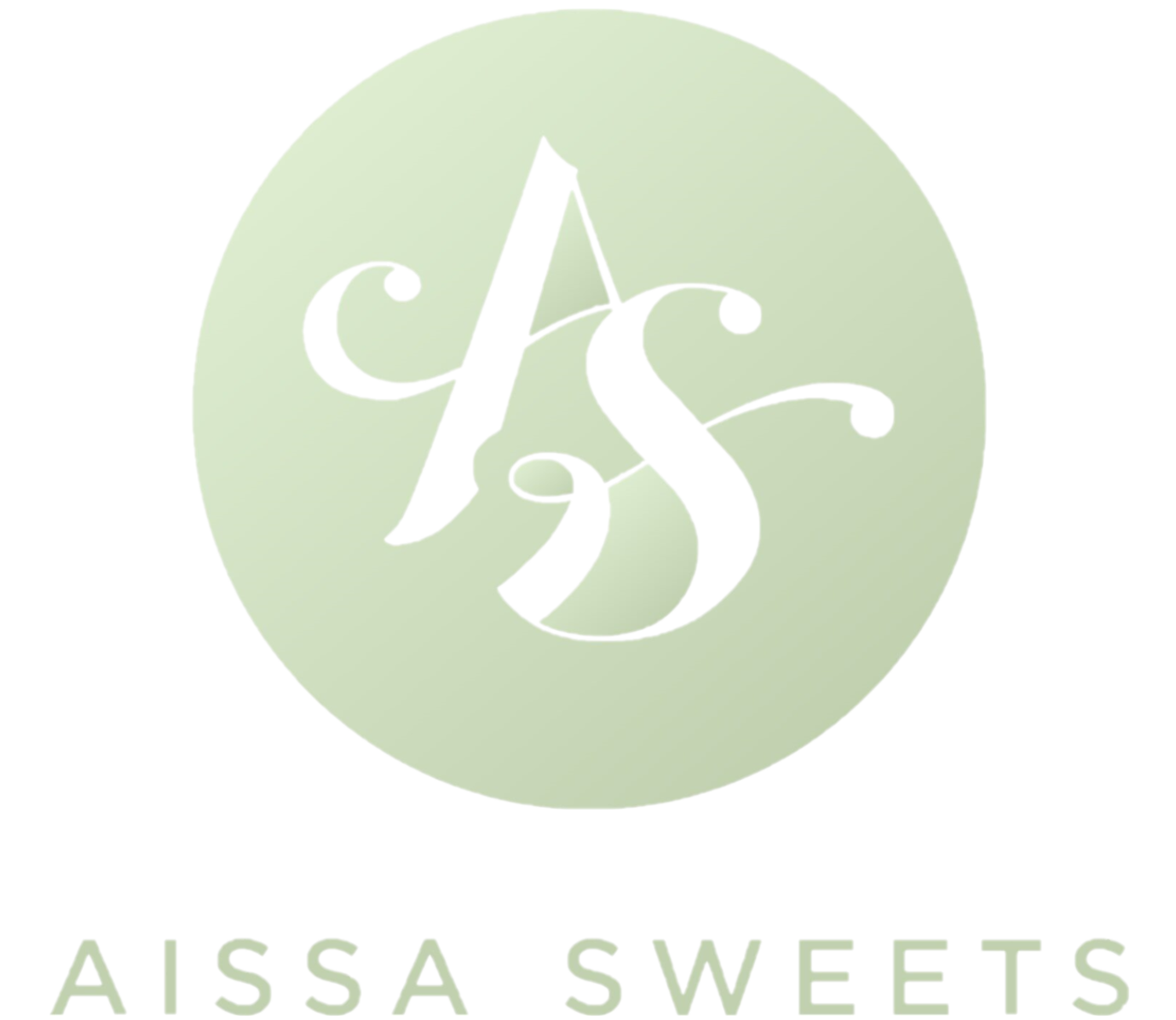Aissa Sweets Tempts Tastebuds all Around the Seacoast
In an expansive kitchen on the third floor of a converted mill building in Dover, Ahmad Aissa mixes the dough for the fillo he uses to make his Syrian baklava.
The recipe is simple, but after the dough is divided into pieces, each ball of dough is placed one on top of the other, separated only by flour to ensure that they don't become one mass. That's when the "elbow grease" comes in, as Aissa takes more than 40 minutes to stretch and roll the dough large enough and thin enough to create the lower and top layer of the baklava. All the while, Aissa sings under his breath to the hypnotic Syrian music playing from his iPod as his wife, Evelyn, packages the sweets nearby.
Making the pastry from scratch is hard work, but the delicate baklava with its filling of green ground pistachios is well worth the muscle power.
Ahmad Aissa is the artist behind Aissa Sweets, a collection of what we would call pastries made in that kitchen in Dover. Syrian baklava, rolls of pastry filled with green pistachios and cups of fillo filled with whole cashews, are just some of the delicious sweets, as well as the delicate powdered sugar-dusted traditional date and pistachio cookies called Mamoul.
Ahmad, from Damascus, and Evelyn, from Concord, came to the area quickly and suddenly in August 2011 because of the civil war in Syria, and Ahmad soon realized that if he was going to again enjoy the sweets of his country, he'd have to make them himself.
"My best friend is a sweets chef and I practiced for a year with him. I always liked doing what he was doing. Not everyone can do it perfectly the way it should be done. I like it, and I like to eat."
The couple met through an acquaintance in Damascus while Evelyn was in the city learning Syrian for her master's degree.
"Ahmad is unusual for a man in Syria because he cooks," says Evelyn, who also has a full-time day job as a health advocate. Ahmad was an importer in Syria.
"When I came here, I had no idea of what I was going to do, other than take English classes," says Ahmad. "We wanted to find the sweets and we did try many places but it wasn't the same. I decided to find the ingredients to make it myself. Then I gave some to my in-laws and they liked them. We haven't found all the ingredients the way I want them. We didn't find the bright green pistachios I know yet, but we're working hard to find them."
They have had luck finding spices at The Spice Center in Manchester. Ahmad uses pure ghee, or clarified butter, from Egypt in the recipes and to drizzle over his baklava with a metal "watering can" type of vessel from Syria. The ghee doesn't have as much liquid as our butter, just more pure flavor.
"People can taste the real thing with these sweets, it's all pure ingredients. And ours are different from Greek baklava. Greek has cinnamon and honey and they cook it differently. Lebanese baklava is about 70 percent like ours. The Palestinian baklava has shredded fillo dough. Ours is fillo and pistachio and we add syrup but we let the baklava take its taste from the pistachios."
The Aissas also use two wooden molds hand carved in Syria to hand press the two varieties of Mamoul, a traditional shortbread, one filled with smooth dates and one with sweet pistachio.
"In Syria you'd have sweets any time of day," says Ahmad. "They eat them all the time. We'd have the Mamoul with coffee, too."
"We'd have them after dinner and we had a favorite sweet shop and we'd have them for breakfast," says Evelyn, who added the couple's home is all about Syria.
"We eat Syrian food, listen to Syrian music. In Damascus we'd sit out late at night in the restaurants and cafes with everyone. They'd have a scented mist in the air. We miss it, but we had to leave suddenly."
Ahmad says he was concerned that he wouldn't be able to find a job because of his limited English, but now he's taking justice studies and business classes at Southern New Hampshire University, all while working on the sweets sometimes until 4 a.m. The sweets are wonderfully packaged in a design by Massachusetts graphic designer Ellen PJ Kelly, who captured the feel of Syrian art. The sweets are popular for wedding favors and special occasions as well as for daily enjoyment.
While Ahmad says he does get homesick and has yet to meet anyone in the area from Syria, he's happy to have found this calling.
"New Hampshire reminds me of where I come from with the mountains and the green. It's very, very clean. I always want to do this, making the sweets. I want to study and learn how to help with my justice studies, but I'll always do this too."
The dough is finally in its perfect state, and on one large layer of dough, the filling of ground pistachios is laid, followed by another thin blanket of dough. Ahmad cuts the rectangle into individual pieces before drizzling on the ghee and placing the pan into the oven. Soon, the dough will puff into flaky layers before adding more flavors of Syria.
By Rachel Forrest for The Portsmouth Herald
December 27, 2012
